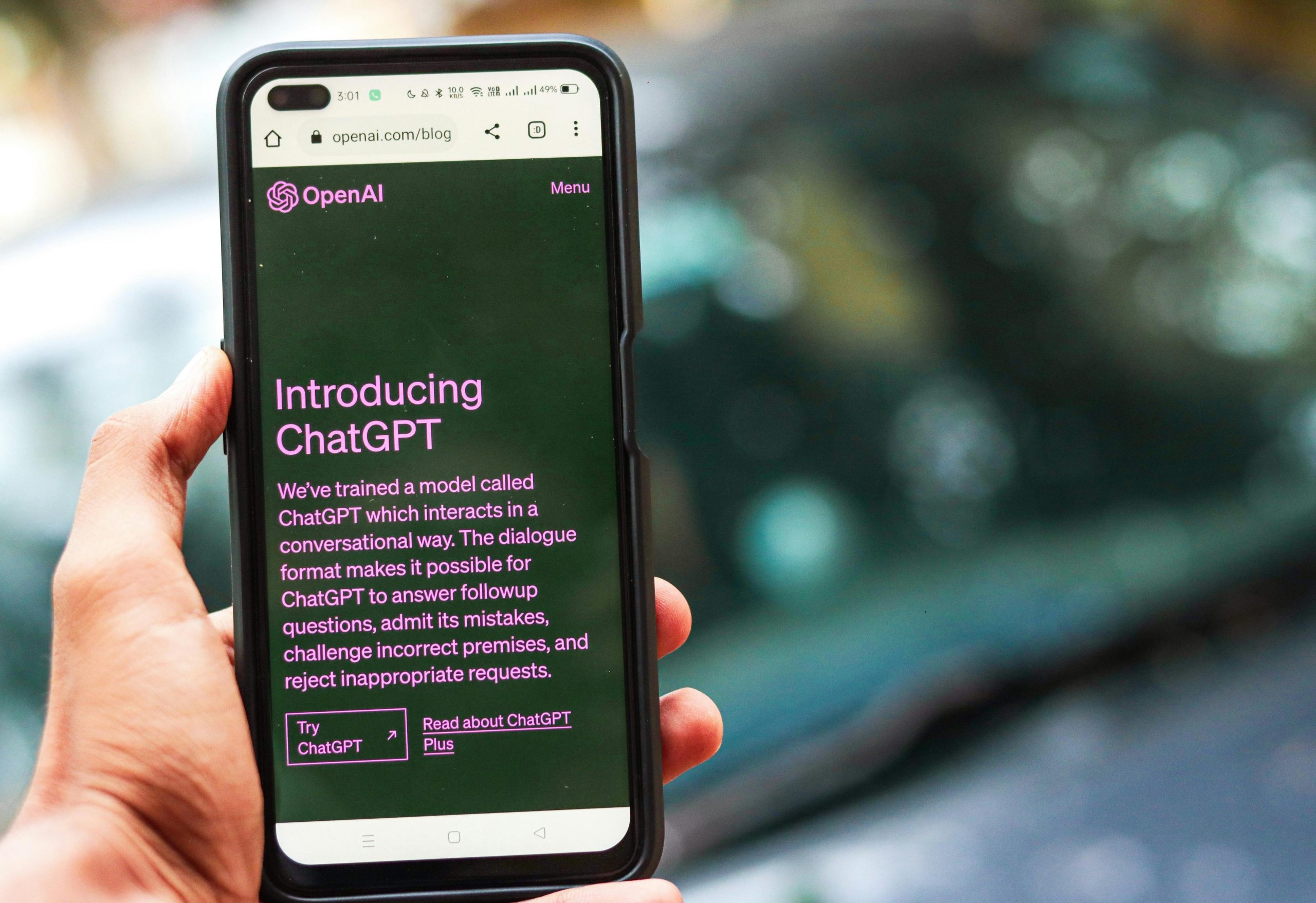The workplace is undergoing a seismic shift, driven by the rapid advancements in artificial intelligence (AI). From automating repetitive tasks to enhancing decision-making, AI is transforming how businesses operate and how employees engage with their work. As organizations increasingly adopt AI-powered tools, the future of work is being reshaped in ways that promise greater efficiency, innovation, and productivity. This article explores the key ways AI is revolutionizing the modern workplace and what it means for businesses and employees alike.
1. Automating Repetitive Tasks
One of the most immediate impacts of AI in the workplace is the automation of mundane and repetitive tasks. AI-powered software and robotics can handle data entry, scheduling, and even customer service inquiries with remarkable accuracy. This shift allows employees to focus on more strategic and creative aspects of their jobs, boosting overall productivity.
Examples of AI Automation
- Chatbots: AI-driven chatbots handle customer queries 24/7, reducing the workload on human agents.
- Robotic Process Automation (RPA): RPA tools streamline workflows by automating rule-based tasks like invoice processing.
- AI-Powered Scheduling: Virtual assistants like x.ai use AI to coordinate meetings and manage calendars.
By taking over these repetitive tasks, AI not only improves efficiency but also reduces human error, leading to more reliable outcomes.
2. Enhancing Decision-Making with Data Insights
AI excels at analyzing vast amounts of data quickly and accurately, providing businesses with actionable insights. Machine learning algorithms can identify patterns, predict trends, and recommend strategies, empowering leaders to make data-driven decisions.
AI in Business Intelligence
- Predictive Analytics: AI models forecast sales, customer behavior, and market trends, helping companies stay ahead.
- Risk Assessment: Financial institutions use AI to evaluate credit risks and detect fraudulent activities.
- Personalized Marketing: AI tailors marketing campaigns by analyzing customer preferences and behaviors.
With AI, businesses can move from reactive to proactive decision-making, optimizing operations and maximizing growth opportunities.
3. Revolutionizing Recruitment and Talent Management
AI is transforming how companies attract, hire, and retain talent. From screening resumes to identifying skill gaps, AI tools are making recruitment faster, fairer, and more efficient.
AI in HR and Recruitment
- Resume Screening: AI algorithms scan resumes to shortlist the best candidates based on predefined criteria.
- Bias Reduction: AI helps minimize unconscious bias by focusing on skills and qualifications rather than demographics.
- Employee Engagement: AI-powered platforms analyze employee feedback to improve workplace satisfaction.
By leveraging AI, HR departments can streamline hiring processes and foster a more inclusive and engaged workforce.
4. Enabling Remote and Hybrid Work
The rise of remote and hybrid work models has been accelerated by AI-powered collaboration tools. Virtual meeting assistants, real-time language translation, and smart project management platforms are making it easier for teams to work together, regardless of location.
AI Tools for Remote Work
- Virtual Meeting Assistants: Tools like Otter.ai transcribe meetings and highlight key action items.
- Language Translation: AI-powered translators break down language barriers in global teams.
- Smart Project Management: Platforms like Trello and Asana use AI to prioritize tasks and predict project timelines.
AI is bridging the gap between physical and virtual workspaces, ensuring seamless collaboration in a distributed workforce.
5. Upskilling and Reskilling the Workforce
As AI takes over routine tasks, the demand for new skills is growing. Companies are using AI-driven learning platforms to upskill employees, ensuring they remain competitive in an evolving job market.
AI in Employee Development
- Personalized Learning: AI tailors training programs to individual learning styles and paces.
- Skill Gap Analysis: AI identifies areas where employees need improvement and recommends relevant courses.
- Virtual Mentors: AI-powered coaching tools provide real-time feedback and guidance.
By investing in AI-driven education, businesses can future-proof their workforce and foster continuous professional growth.
Conclusion
Artificial intelligence is undeniably reshaping the future of work, offering unprecedented opportunities for efficiency, innovation, and growth. From automating mundane tasks to enhancing decision-making and enabling remote collaboration, AI is revolutionizing every aspect of the workplace. While challenges such as job displacement and ethical concerns remain, the potential benefits far outweigh the risks. Businesses that embrace AI today will be better positioned to thrive in the rapidly evolving digital economy. As we move forward, the key lies in leveraging AI responsibly to create a more productive, inclusive, and dynamic work environment for all.
